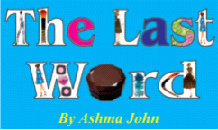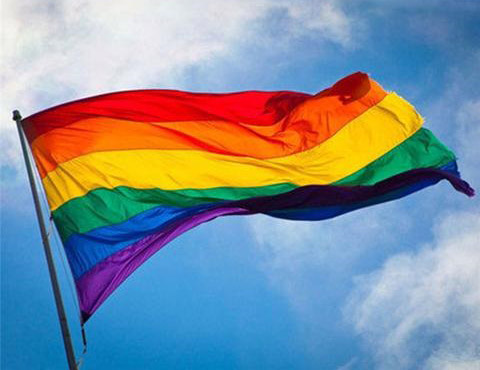 There are no words to express how it feels to move through a European city during Pride Week. To be honest if you are a heterosexual like me you will, by default, reflect on how privileged your sexual orientation is. The ability to live and love freely without a fight is one to cherish in its entirety.
There are no words to express how it feels to move through a European city during Pride Week. To be honest if you are a heterosexual like me you will, by default, reflect on how privileged your sexual orientation is. The ability to live and love freely without a fight is one to cherish in its entirety.
During Pride Week, if you took out money from an ATM you were greeted with the pride flag colours on the screen as you inserted your card. In addition, every clothing shop had some amount of pride-related merchandise or offered discounts for pride. As we walked through the city and took it all in, a friend commented: ‘Pride is money here’. We all agreed but more so because of how important visual representation is towards the fight for LBGT rights. The feeling of inclusion is one which the community lacks terribly in some places.
I didn’t make it to the Pride Walk, but every outing seemed pride-related because of how heavily advertised, merchandised and celebrated it was by both the private and public sector. I felt a pang of pressure to consume something to show solidarity, so I ended up buying a t-shirt from popular British retailer Primark. It had the face of Ru Paul, the famous drag queen on it rocking what it seemed to be a pride-coloured wig.
Solidarity aside, it is natural to question the ethics behind such when it comes to human rights causes. While it’s good to see so many retailers getting on board to show solidarity it is sometimes easy to forget their own independent negative choices when it comes to respecting human rights.
Pride is money yes, but it also a brilliant marketing ploy to tap into new markets just for profits’ sake. Primark was well known for paying their employees below minimum wage while asking them to foot the bill for their uniforms. And while this has changed, it is still well known for choosing to work with third parties who practice child labour for clothing production. It is the only way its dog-cheap prices can be explained.
Of course, it is difficult to think of such when purchasing on the impulse or when cash strapped. We as humans are by nature frugal beings. The clothing and prices are so desirable, ethics go through the window, in most cases, naturally. Some of the merchandise we examined was done in collaboration with LBGT charity groups like the Stonewall, an LBGT charity based in the UK. One can argue too that such merchandising and sales in foreign countries is another way to write off taxes. Seeing a charity attached to the merchandise psychologically removes some of the guilt of buying clothing which was mass produced. But how do we draw a line when it comes to ethics, when the vibrancy of the merchandise causes such an influx of love and acceptance for those marginalized? How do we draw a line without making it more difficult for everyone across all socio-economic backgrounds to have a slice of the festivities? One could say we could recycle and we could get incredibly creative but leaving humans up to their own devices could possibly take away the massive visual momentum that retailers have capitalized on.
One thing is for sure though, pride is money in some places and aside from how much I despise capitalism there are a few times when I look at it and say wow, this is nice! I just wish it were more ethical.
http://instagram.com/theonlinerunway










